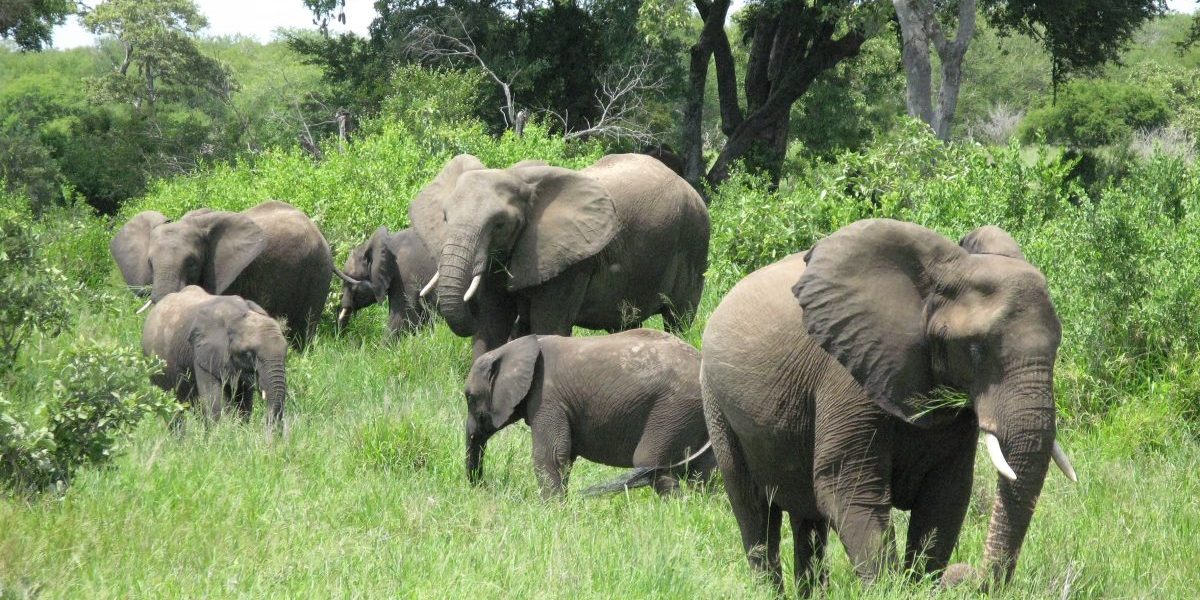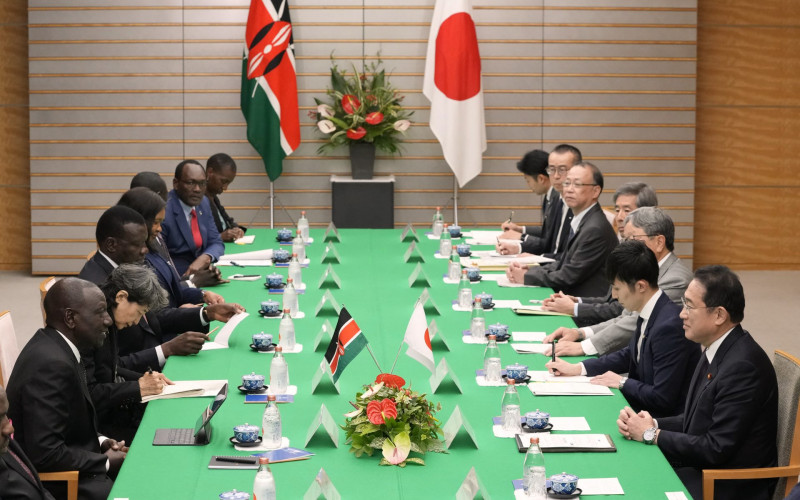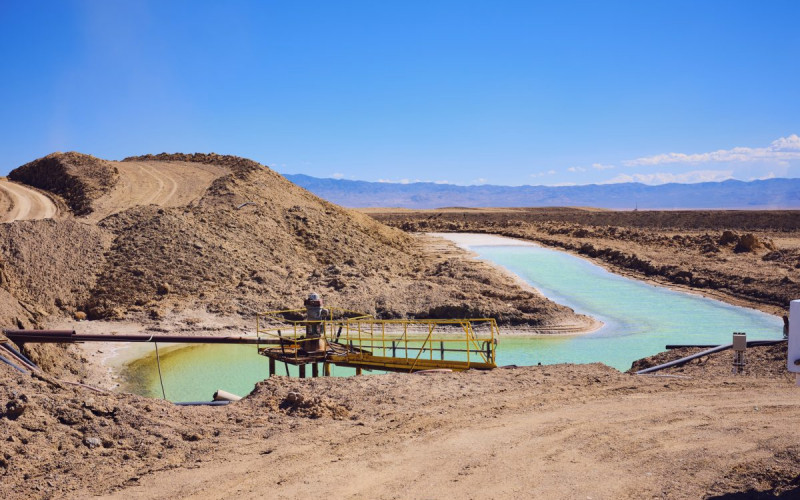In a ‘second-best’ world of corruption and poor governance, consumptive use (CU) policies (eg, ivory trading, trophy hunting, culling) have produced mixed results for elephant and ecosystem conservation, and for human development. The partial ban on ivory trade globally has led to confusion among African policymakers, local and international law enforcement agencies, and ivory consumers. This is causing a perfect storm of increased poaching to meet the increased (speculative?) demand for raw ivory, without the potential solutions from implementing either a controlled legal trade or a permanent global ban. New realities are emerging, namely the closure of the main consumer ivory markets; the poor prospects for further international trade approvals under CITES; concerns that the biologically constrained supply may not be able to meet uncertain demand under a legal trade scenario; and the questioning of the conservation and community benefits of trophy hunting. African policymakers need to adapt their application of SU policy by:
- supporting a permanent global ivory trade ban and destroying ivory stockpiles;
- properly implementing stated SU policies to channel promised benefits to legitimate beneficiaries and address elephant over-abundance;
- improving the governance of trophy hunting as a stopgap land-use activity in communal areas, but banning hunting if it undermines ivory consumer demand reduction;
- promoting photographic tourism to expand its potential benefits to marginal areas; and
- improving the capacity of national wildlife agencies or soliciting support from public–private protected area management organisations.
These adaptions increase the net costs of incentivising community beneficiaries and law enforcement, shifting the burden to African governments. Therefore, if the non-African governments and special interest groups imposing the ivory trade, culling and trophy hunting restrictions do not support them, they will be complicit in the permanent loss of vast areas of elephant ecosystems. Ultimately, an efficient, global biodiversity tax is required to fund these adaptions, in order to maintain the ecosystem services and/or intrinsic value of African ecosystems for all of humanity.







